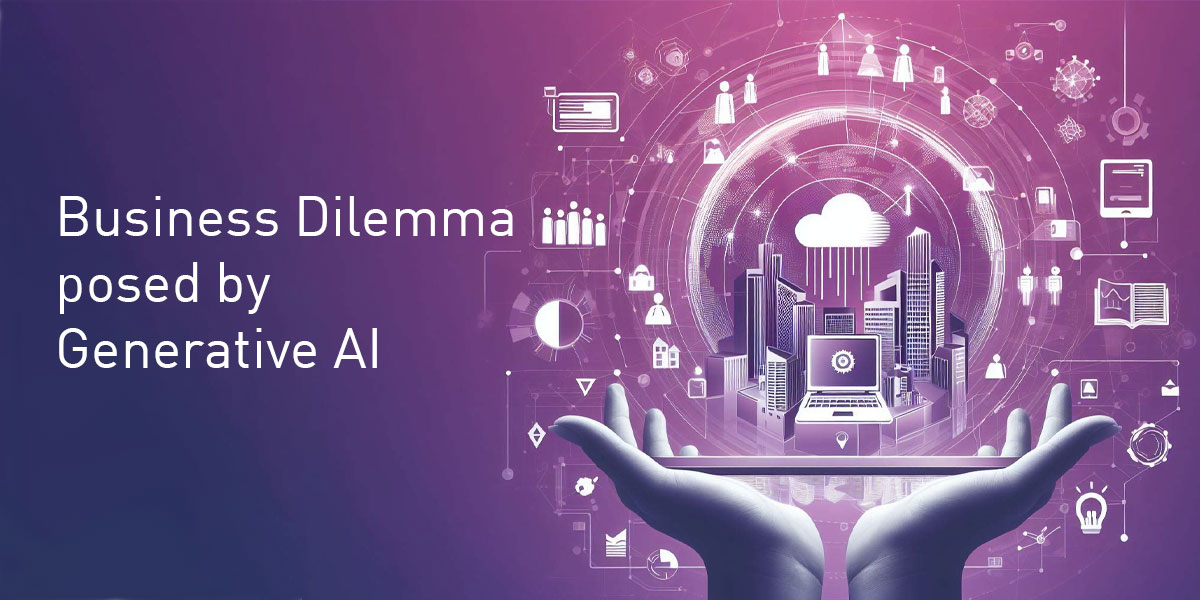Necessary cookies are absolutely essential for the website to function properly. These cookies ensure basic functionalities and security features of the website, anonymously.

European Commission’s New Designations and the Implications of the Digital Markets Act
The digital markets landscape of the European Union is undergoing a tremendous shift in power distribution. On 6 September 2023, the European Commission, in line with its approach towards a fair digital landscape, officially designated six major technology corporations as gatekeepers under the Digital Markets Act. These include Alphabet, Amazon, Apple, ByteDance, Meta and Microsoft.

Understanding the Digital Markets Act and its Impact
The Digital Markets Act (DMA), introduced in May 2023, focuses on regulating online platforms that have a “significant” impact, known as ‘gatekeepers’. These gatekeepers are platforms that:
- Possess a dominant economy position across multiple EU countries and significantly influence the internal market
- Serve as essential intermediaries connecting a vast number of users with various businesses
- Have maintained, or are likely to retain, their market position for three consecutive fiscal years
For business users
The DMA promises a balanced business environment, particularly for those who are particularly dependent on one of the gatekeepers
For innovators and startups
The DMA creates opportunities by ensuring a competitive platform environment, free from unfair or monopolistic conditions
For consumers
Expect a broader range of services, flexible provider-switching options, direct access to diverse services and fair pricing
For gatekeepers
While innovation remains at the forefront, any unfair practices that may provide undue advantages are reduced in extent or quantity
Recent Gatekeeper Designations and the DMA’s Role
The recent designations by the European Commission were the result of a 45-day review, during which several companies, including Samsung, notified the Commission of their potential gatekeeper status. This resulted in 22 core platform services being marked, with the designated gatekeepers having six months to comply with DMA obligations.
Some services, including Microsoft Bing, Microsoft Edge, Microsoft Advertising and Apple’s iMessage, are under scrutiny as they argue against their classification as gatekeepers. Investigation into these services are expected to conclude in five months. Apple’s iPadOS is also under investigation for gatekeeper status, with a review period of 12 months.
However, certain services such as Gmail, Outlook.com and Samsung Internet won’t be designated as core platform services. As a result, Samsung will not be designated as a gatekeeper for any core service.
Regulations and Consequences Under the DMA
There are a number of obligations that gatekeepers must implement.
Gatekeepers must:
- Ensure interoperability with third-party services in certain cases
- Give business users access to data generated on their platform
- Provide independent advertisement verification tools and information
- Allow business users to promote outside the gatekeeper’s ecosystem
Gatekeepers cannot:
- Rank their offerings higher than third-party businesses
- Block consumers from external business links
- Disallow uninstallation of pre-installed software or apps
- Track users for targeted advertising without explicit consent
Breaching the DMA guidelines can lead to penalties such as:
- Fines of up to 10% of global annual turnover, potentially rising to 20% for repeated violations
- Daily charges up to 5% of their average daily turnover
- Non-financial penalties including behavioural adjustments or divesting parts of the business
Conclusion
The DMA and the European Commission's recent designations signify the EU’s attempt to promote online fairness and competition. As countries beyond the EU observe these regulatory shifts, the enforcement of the DMA could inspire global changes.
While the DMA brings clarity to the landscape, potential backlash from major tech corporations is anticipated. Its real-world execution and industry acceptance remains to be seen.
In balance, the EU Digital Markets Act is a step towards a balanced digital market landscape. It combines principles of fairness, competition and innovation while trying to prioritise business and consumer interests.
IoA Members: you can learn more about the Digital Markets Act in the October 2022 webinar recording available in your member portal
Not yet an IoA Member? Join now for updates about developments and new regulations and to access the benefits of membership. Learn more and sign up here






